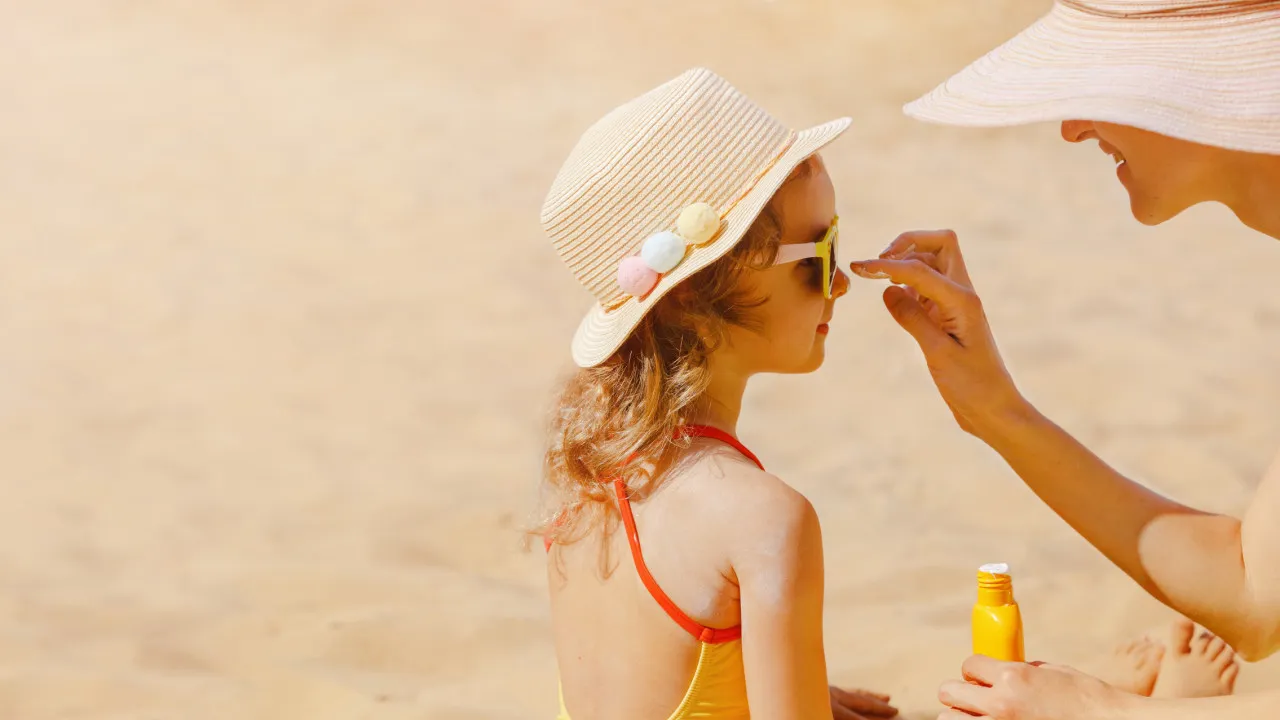
A consumer organization conducted tests on 39 body sunscreens available in Portugal, 19 of which are intended for children, and all were found effective except for one.
There are good sunscreens with SPF 30—the minimum recommended by the Directorate-General of Health—as well as 50 or 50+, in spray or lotion form. However, the Cien Sun Kids SPF 50+, sold at Lidl, does not meet the advertised protection factor.
The sunscreen in question, like the others, underwent laboratory tests carried out by the organization, ensuring reliable results while eliminating the risk of sunburn on volunteers’ skin, making the process more ethical.
After failing this initial test, the product was re-evaluated using older reference standards, according to the organization. However, the results reaffirmed the verdict: the actual SPF of Lidl’s children’s sunscreen is 30, below the SPF 50+ indicated on its packaging.
The sunscreen also fails in UVA protection, which should be at least one-third of the SPF value.
The organization highlights that “a mislabeled product can induce a false sense of security in consumers”, and as usual in such cases, it “reported the test results to Infarmed, responsible for overseeing and ensuring the efficacy and safety of cosmetic products”.
All other sunscreens tested meet the advertised protection factor and provide at least the minimum protection against UVA rays.
The environmental impact remains an area for improvement among manufacturers. Waste is a significant issue as, in many cases, the product cannot be used entirely.
“Good sunscreens don’t need to be expensive”
The organization further emphasizes that “good sunscreens don’t need to be expensive” and that merely buying a good sunscreen is insufficient. It’s important to “use the right amount, equivalent to seven teaspoons for the body and one full teaspoon for the face”. Additionally, it should be reapplied every two hours and after swimming, even if the product claims to be waterproof.
Some of the organization’s suggestions are quite affordable, as seen here for subscribers.
It is noted that SPF aims to protect the skin from UVB radiation, the cause of sunburn. Meanwhile, UVA filters are intended to prevent skin aging, manifesting as wrinkles, dark spots, and other pigmentations. The organization reminds consumers that “both contribute to damage and, more seriously, to various types of skin cancer”.




